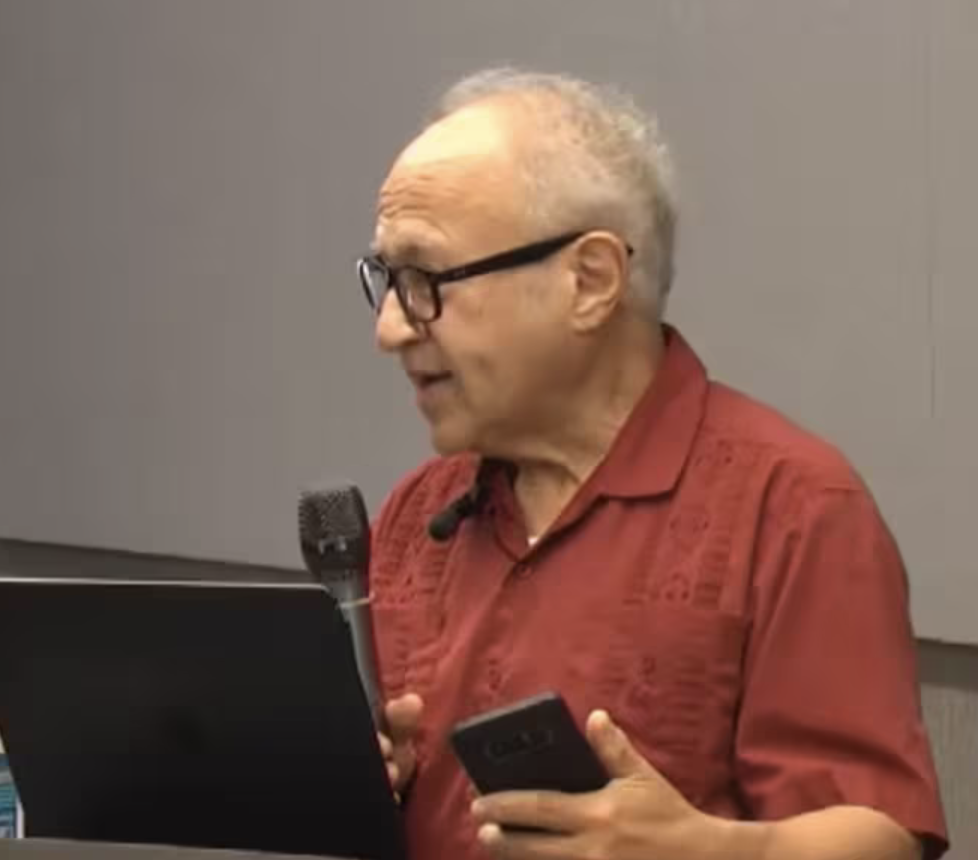New Delhi: In a web-linked age of data analytics, it is presumably possible to check whether a ban wins or loses an audience for material that reaches out for one. India kept Salman Rushdie’s 1988 novel The Satanic Verses off domestic bookshelves. As it was seen as sufficiently scandalous to harm national interests, few had access to it till the internet arrived. Now that video clips go viral online as a matter of routine, the odds of a ban failure have evidently shifted. How far, though, is a matter of debate. With the nation’s interests deemed at stake again, this time on account of a BBC show, the Centre has exercised controls on digital intermediaries acquired under the IT Rules of 2021 to keep it out of sight. This case could test the hypothesis that trying to control the internet is “sort of like trying to nail Jello to the wall”, as former US president Bill Clinton memorably put it at the turn of the millennium, drawing laughter at the time. He had wished China “good luck” with that, which Beijing appears to have taken literally since then. What about a constitutional democracy like India? Due process is key. Even so, whether stuff can be barred effectively enough to limit its online reach is unclear.
Download The Mint News App to get Daily Market Updates.
More
Less















